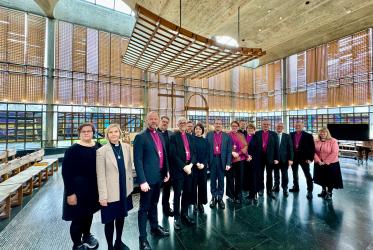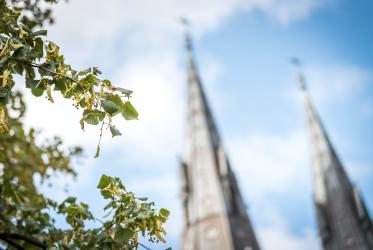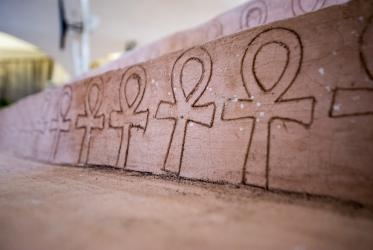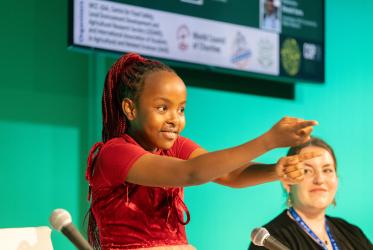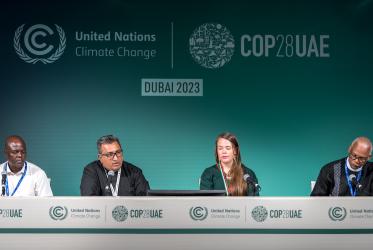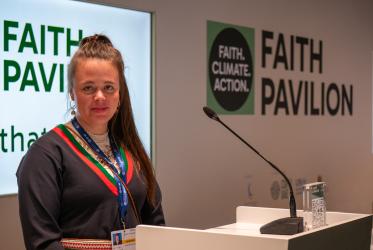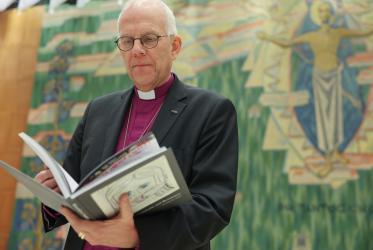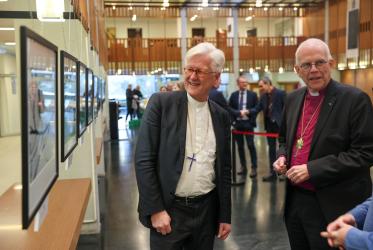Displaying 1 - 20 of 714
On International Women’s Day, “we want us alive”
13 March 2024
WCC commends Church of Sweden’s engagement for peace and justice
15 February 2024
Ecumenical spirit moves Bossey students at mass with Pope Francis
01 February 2024
Faith communities advocate for a just transition at COP28 side event
09 December 2023
Young Black Europeans: “common witness has an open ear”
30 November 2023
“Every Picture Tells A Story” photo exhibit opens
30 November 2023
“Every Picture Tells A Story” photo exhibit will open soon
23 November 2023



